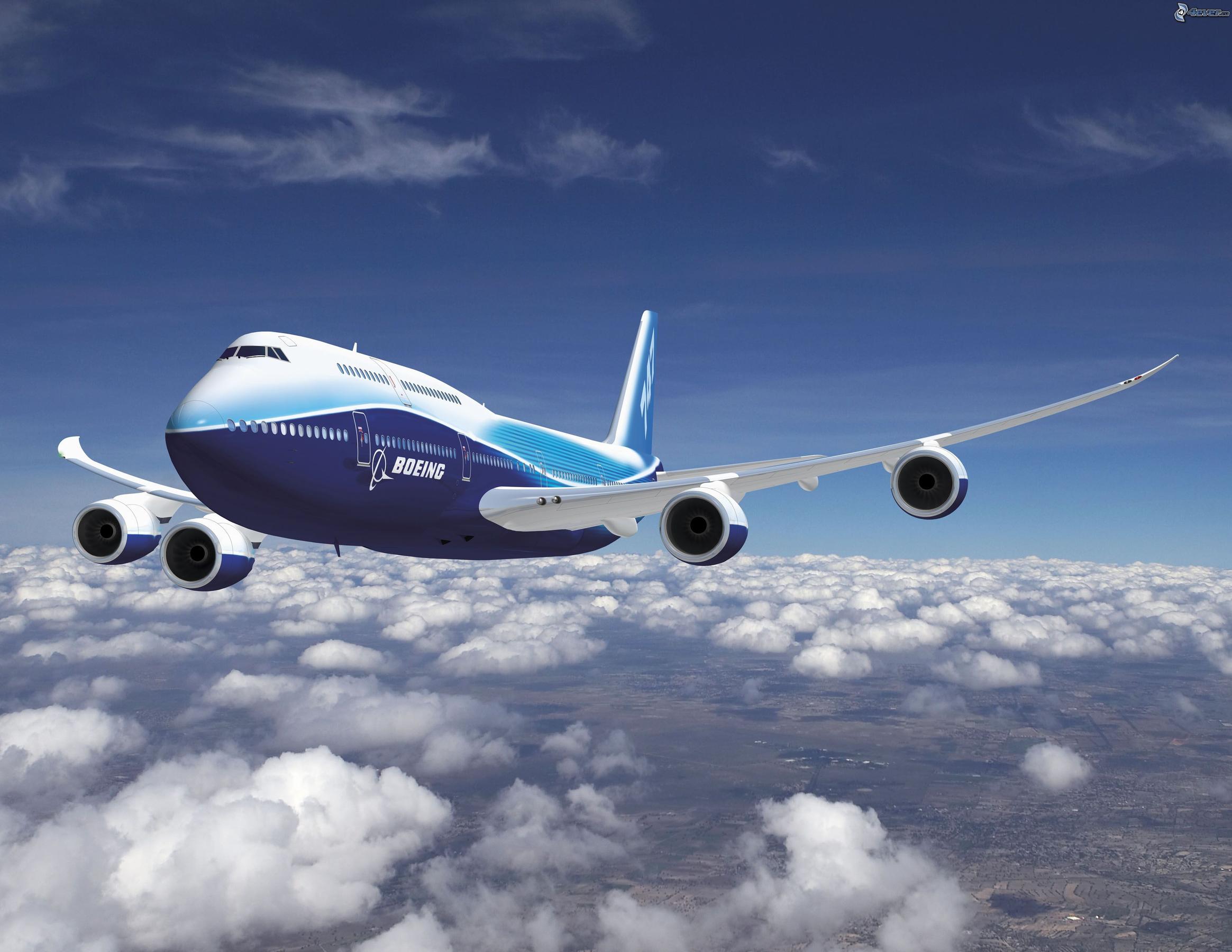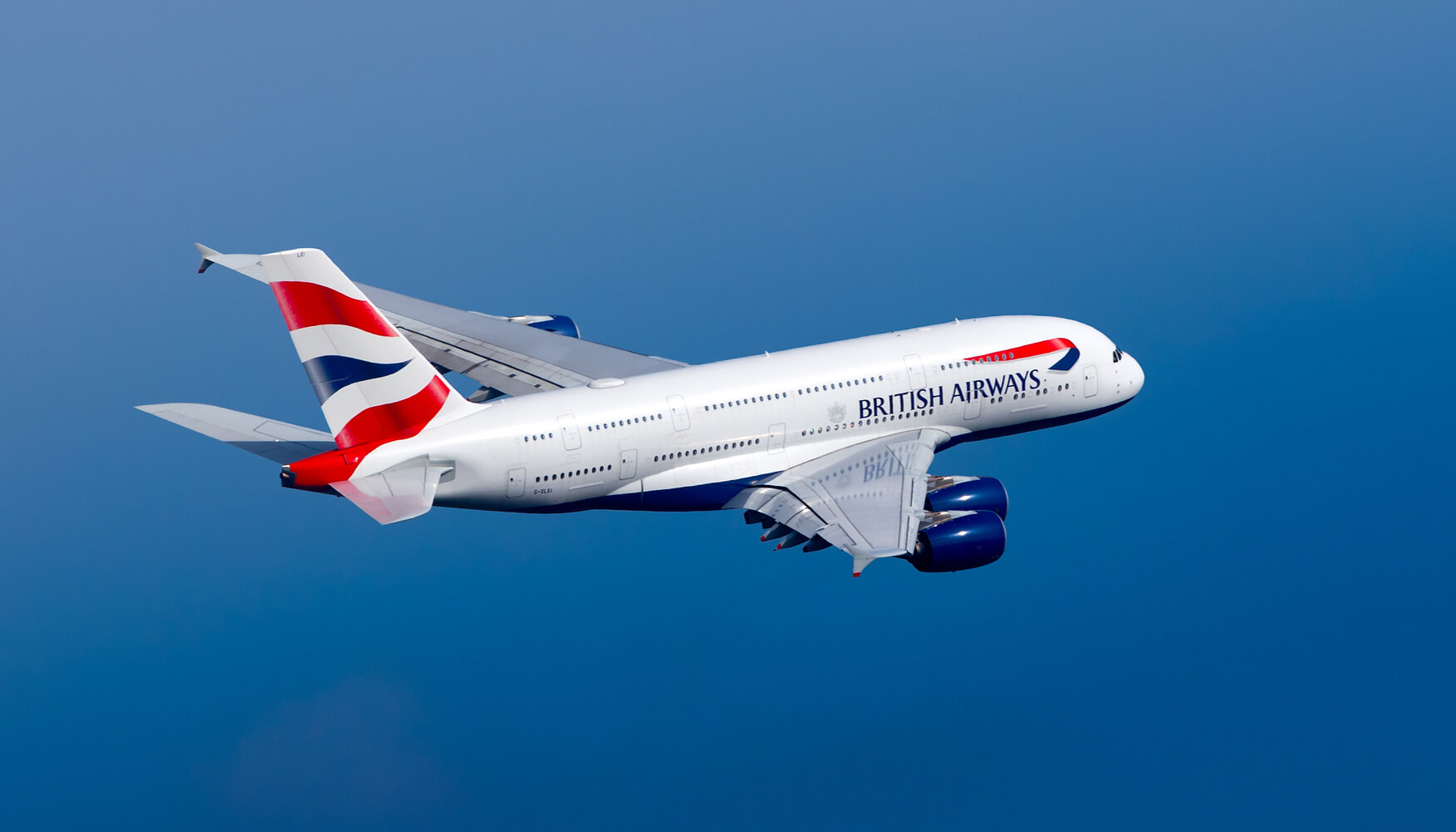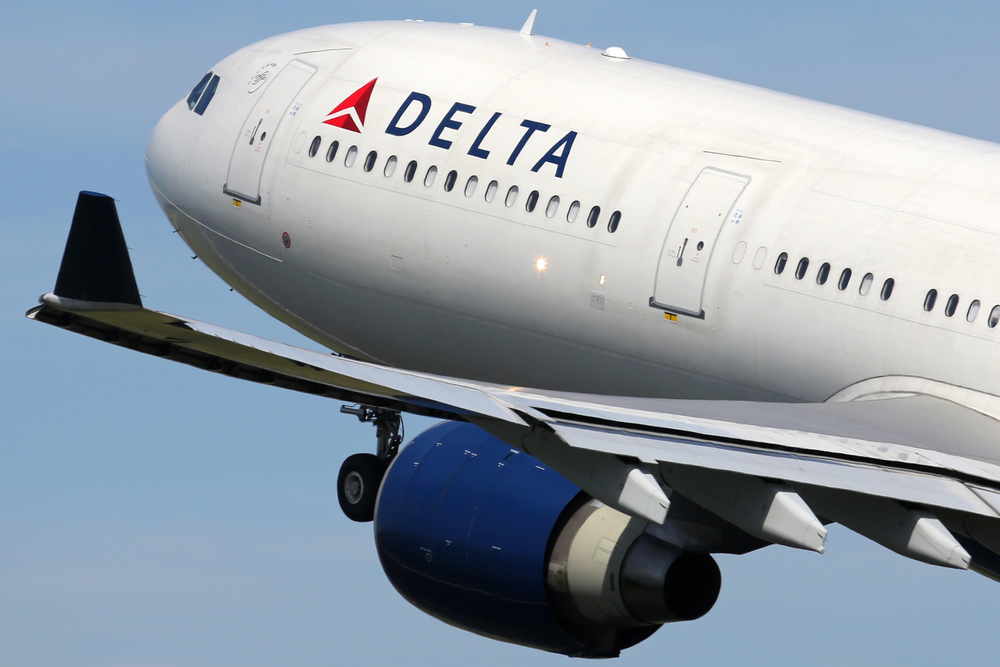Boeing May Be Nearing End of 747 Production

Time is running out for the Boeing 747; production numbers are slowing down to six per year.
Since 1969, more than 1,500 Boeing 747s were produced, revolutionizing air travel and bringing international flights to the masses. But now, production rates are about to go down to only six per year. Boeing originally said the decrease in planes produced for this coming year would be down to 12, but it seems they’ve cut that number in half. Last year, the company only received orders for 20 of the planes.
The slowdown in production is indicative of a larger trend in travel to produce more efficient planes that can land at more airports and to use the big jetliners for cargo transport.
“The air cargo market recovery that began in late 2013 has stalled in recent months and slowed demand for the 747-8 Freighter,” chief executive officer of Boeing’s commercial airplane unit Ray Conner said in a statement reported by Bloomberg.
Air travel trends are also moving toward more two-engine planes rather than the four on the 747s due to high labor costs. Plus, the distance two-engine planes can travel (before, they were required to stay a certain distance from airports in case of engine failure) has slowly increased over the years, lessening the need for major jets.
The trend doesn’t just affect Boeing 747s either; the Airbus A380 has also taken a hit, with the company receiving no new orders for the planes in the last year. For Boeing at least, the lightweight 787 plane is taking over.
[Photo: Boeing]
























As much as it hurts me to say it, 747-8 Program was a mistake. Boeing made that decision at a time when A380 program was already well underway and should have got the clues. A380 stole the market and left 747-8 to collect scrapes from cargo operators who had little other choice. I sure hope I am wrong and 747-8 goes on to be successful just because it's such an amazingly beautiful plane and all the nostalgia attached to it though...
@itsMoe: They should have probably used the more industry-common "superjumbo" rather than "major" jets as their terminology, but you and I both know that there's a substantial jump from any 777 variant to a B74 or A38. It's also possible that they actually meant what they said: that as two-engine technology is vetted for TATL/TPAC flying, more point-to-point and less hub-to-hub travel will become predominant. Such a trend *would* reduce the need for "major" jets, as the disappointing trend of running b75s across the pond gains in popularity. @BearX220: The article didn't say "lightweight version of the 747" -- it simply says "lightweight." Thanks to its composite construction, the aircraft is decidedly lightweight on a qualitative scale.
That the market for very big jets is fickle and changes quickly makes no doubt. However, contrary to what this article says, things have become rosy for the A380, with 18 ordered since the beginning of 2016 and a pressing demand by Emirates for a "Neo" version. The truth is that, in spite of many improvements over time, the B 747 is a 50 year old airplane, beautiful and lovable, but ancient. The A380, on the contrary, is a new machine and its main handicap is probably to have come 10 years too early. Well, we are at the end of the 10 years and it sems very clear that Airbus, who in the past lost several battles against Boeing, has won the battle for very big aircraft. Europe has had its lot of marginal planes, Mercure, Concorde, Trident, VC10, even the Caravelle, a French precursor of the DC9. That the B747 becomes marginalized after its 50 year career is a natural thing.
The 787 is not a "lightweight version of the 747." By that logic so is a Cessna 152, as it too has wings and seats.
The 787 is a lightweight version of the 747?